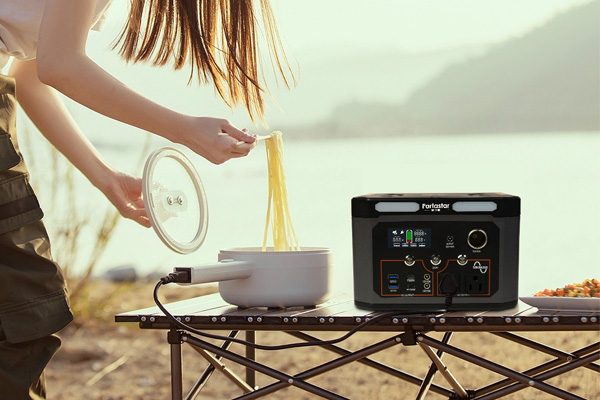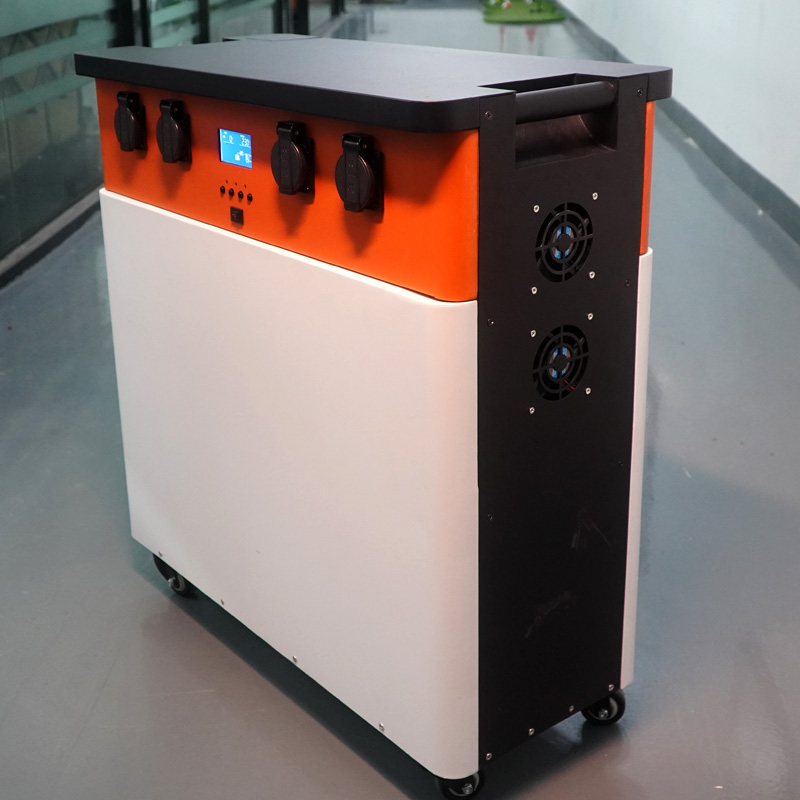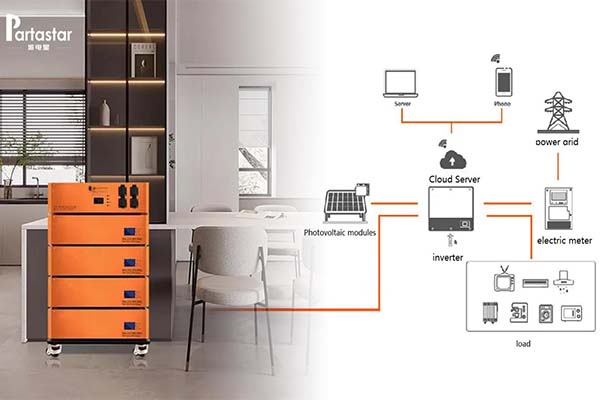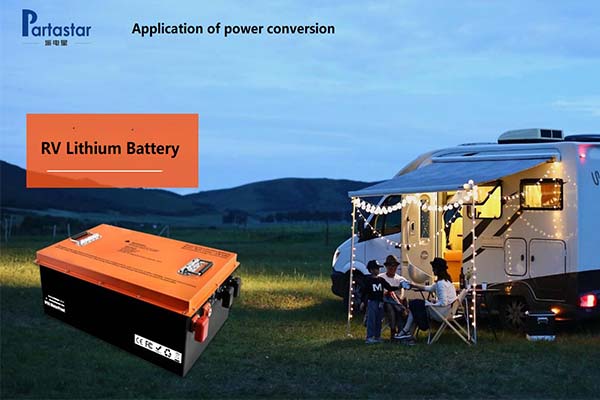A lithium battery power station is a device that provides electrical power for a variety of applications, such as camping, hiking, outdoor events, emergency situations, or powering small appliances and electronics. These power stations are designed to be lightweight, compact, and easy to transport, making them an excellent alternative to traditional generators.
A lithium battery power station typically consists of a rechargeable battery, an inverter, and various input/output ports. The battery stores energy, while the inverter converts the DC power from the battery into AC power that can be used to power household appliances and electronics. The input/output ports allow for charging the power station and connecting devices such as smartphones, laptops, and lights.
One of the main advantages of lithium battery power stations is their portability. Unlike traditional generators, which are often heavy, bulky, and noisy, lithium battery power stations can be easily carried with one hand and transported in a backpack or a car trunk. This makes them ideal for outdoor activities such as camping, hiking, and fishing, where access to electricity is limited or nonexistent.

Another advantage of lithium battery power stations is their quiet operation. Unlike generators, which can produce a lot of noise and fumes, lithium battery power stations operate silently and emit no harmful emissions. This makes them perfect for indoor use, such as during power outages or to power appliances and electronics in an RV or a boat.
Portable power stations come in different sizes and power capacities, ranging from small models that can charge a smartphone or a laptop to larger models that can power a refrigerator or a TV. The power capacity of a lithium battery power station is measured in watt-hours (Wh) or amp-hours (Ah), which indicates how much energy the battery can store and how long it can power a device.
When choosing a lithium battery power station, there are several factors to consider, including the power capacity, the number and type of input/output ports, the weight and size, and the battery type. Some lithium battery power stations use lithium-ion batteries, which are lightweight and have a high energy density, while others use lead-acid batteries, which are heavier but more affordable.
Portable power stations can be charged in several ways, including using a wall outlet, a car charger, or solar panels. Many models come with built-in solar panels or can be charged using external solar panels, which makes them a great option for off-grid living and sustainable energy solutions.
In summary, a lithium battery power station is a versatile, portable, and quiet alternative to traditional generators. They are ideal for outdoor activities, emergency situations, and powering small appliances and electronics. When shopping for a lithium battery power station, it's important to consider factors such as power capacity, input/output ports, weight and size, and battery type, as well as the charging options available. With the right lithium battery power station, you can enjoy power on the go, without the noise and fumes of traditional generators.



